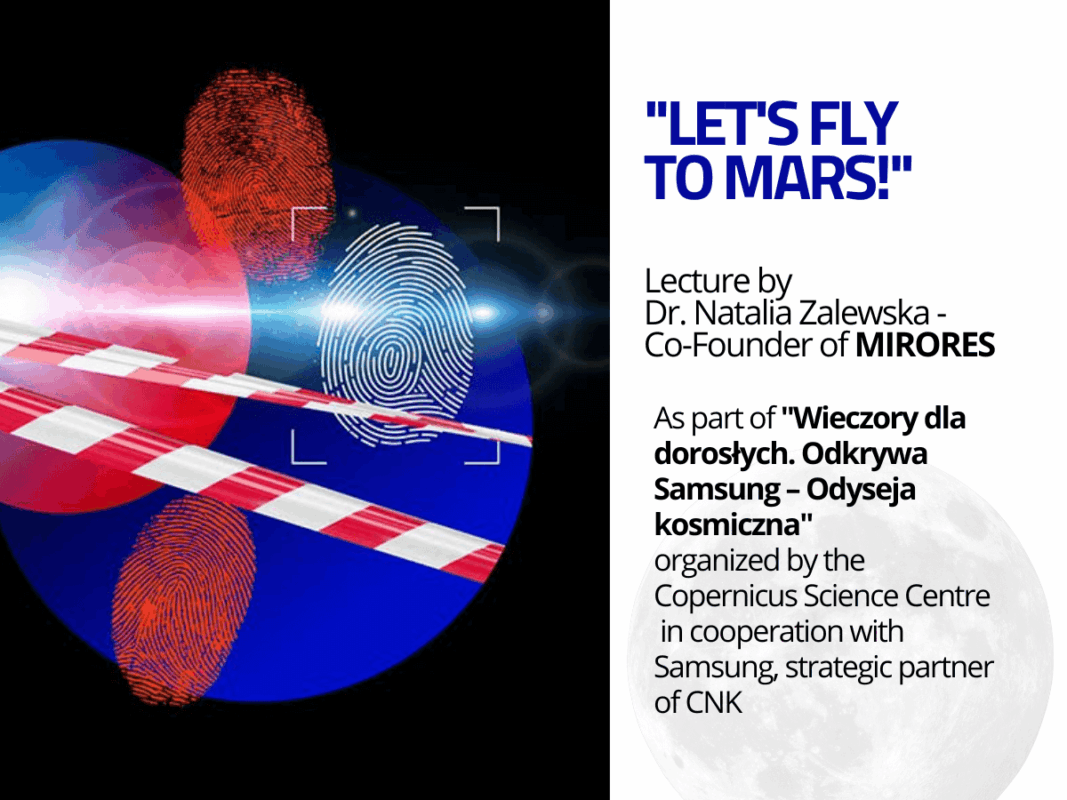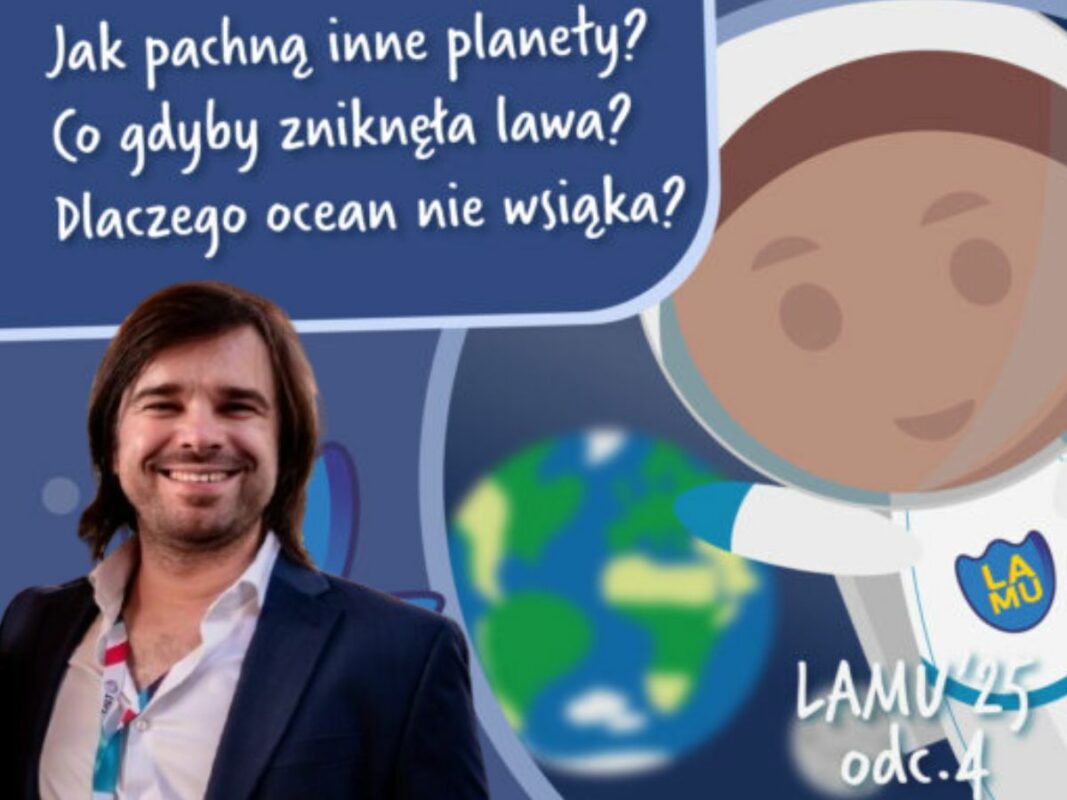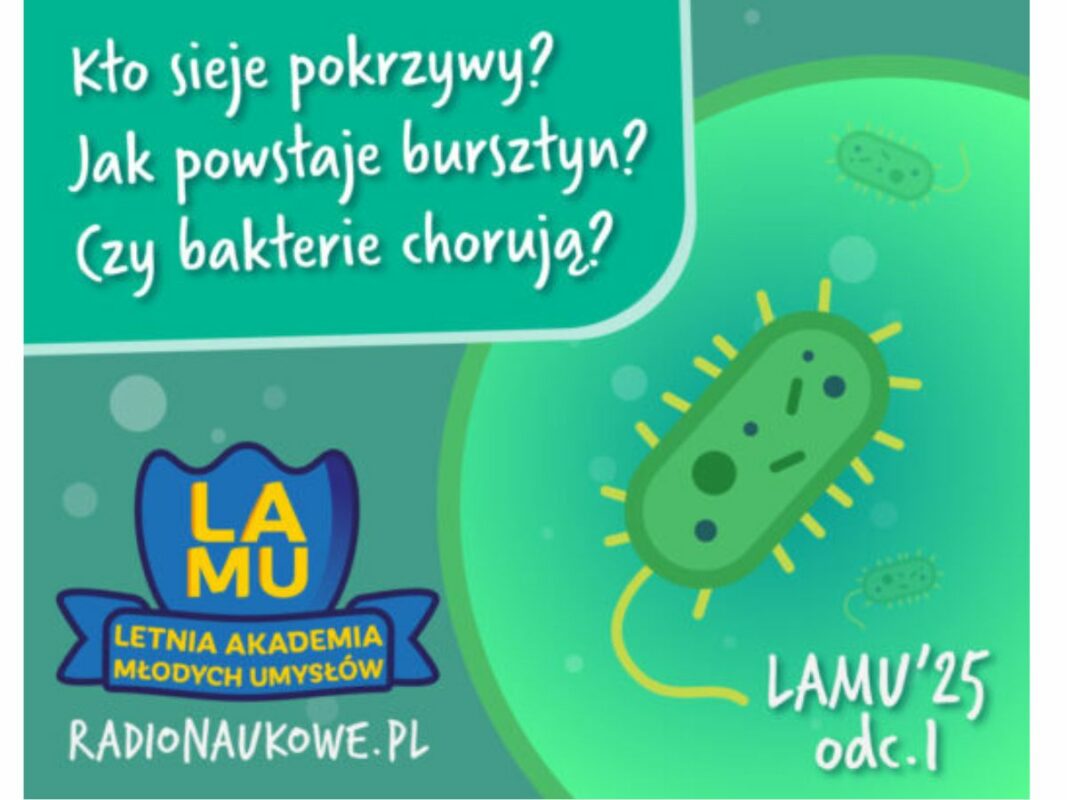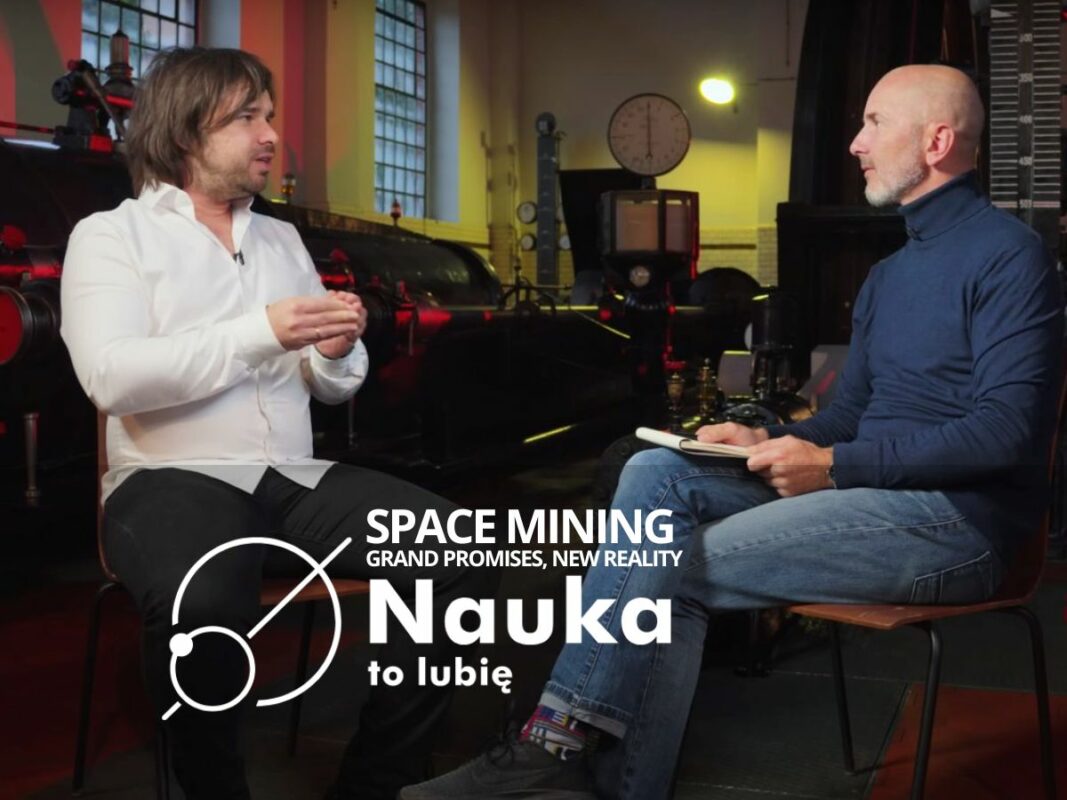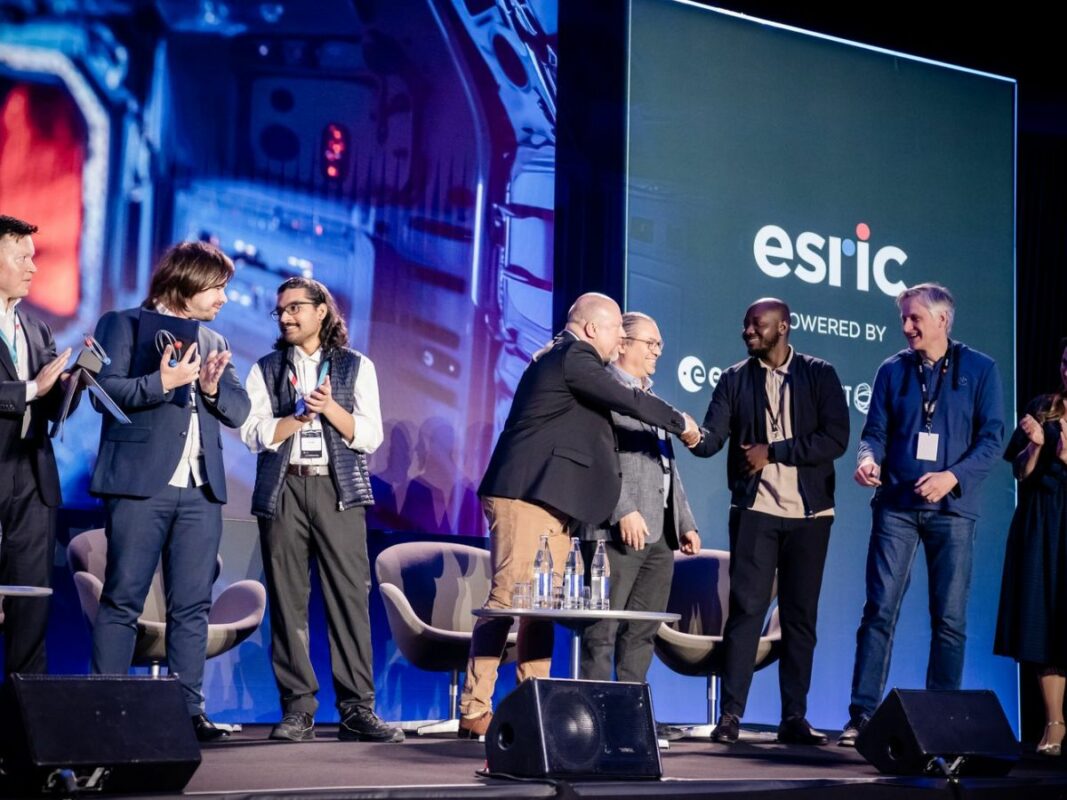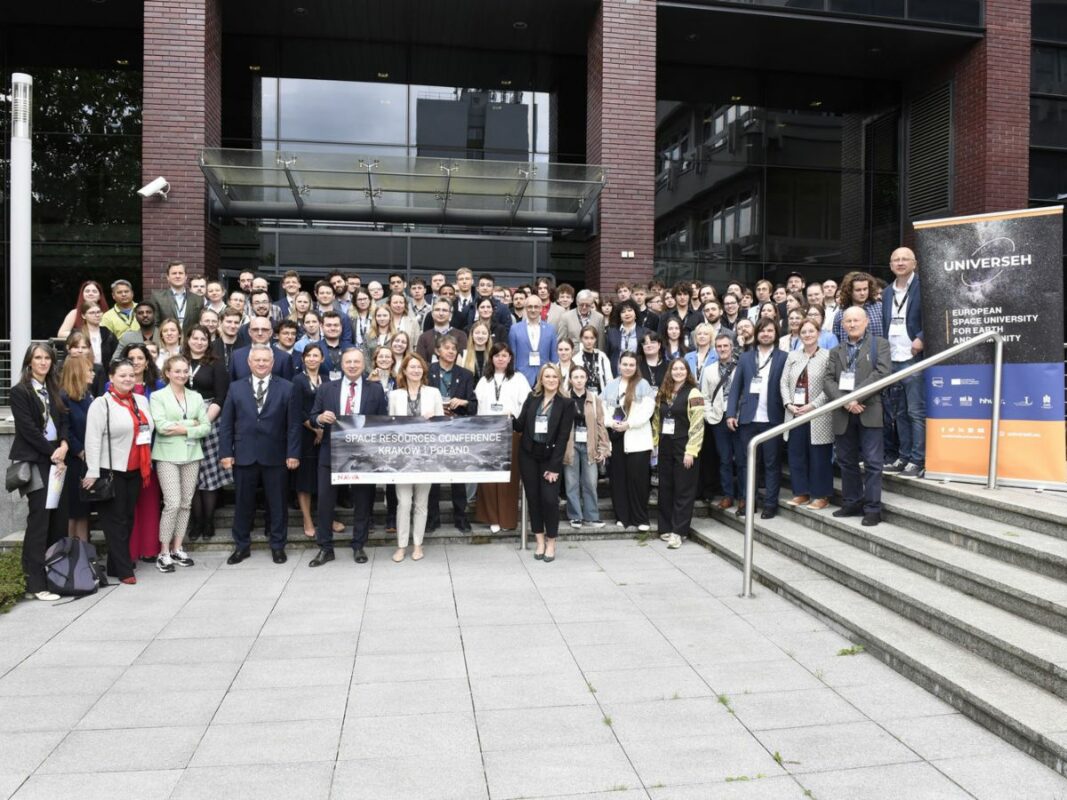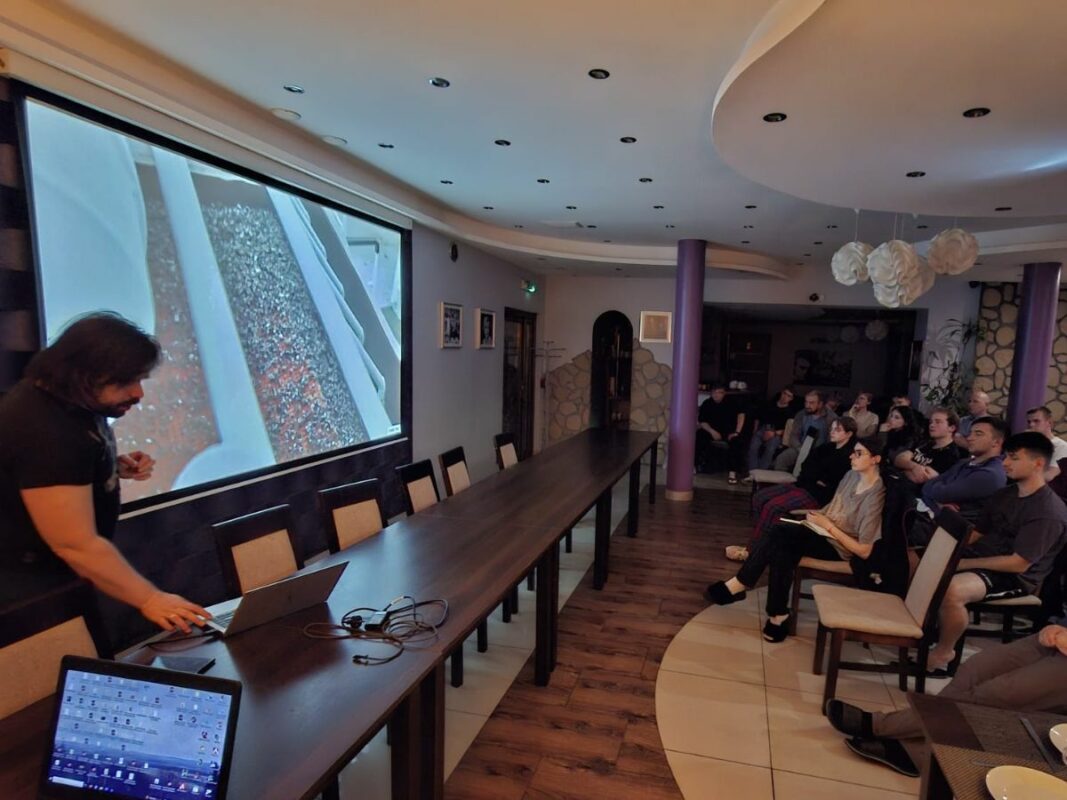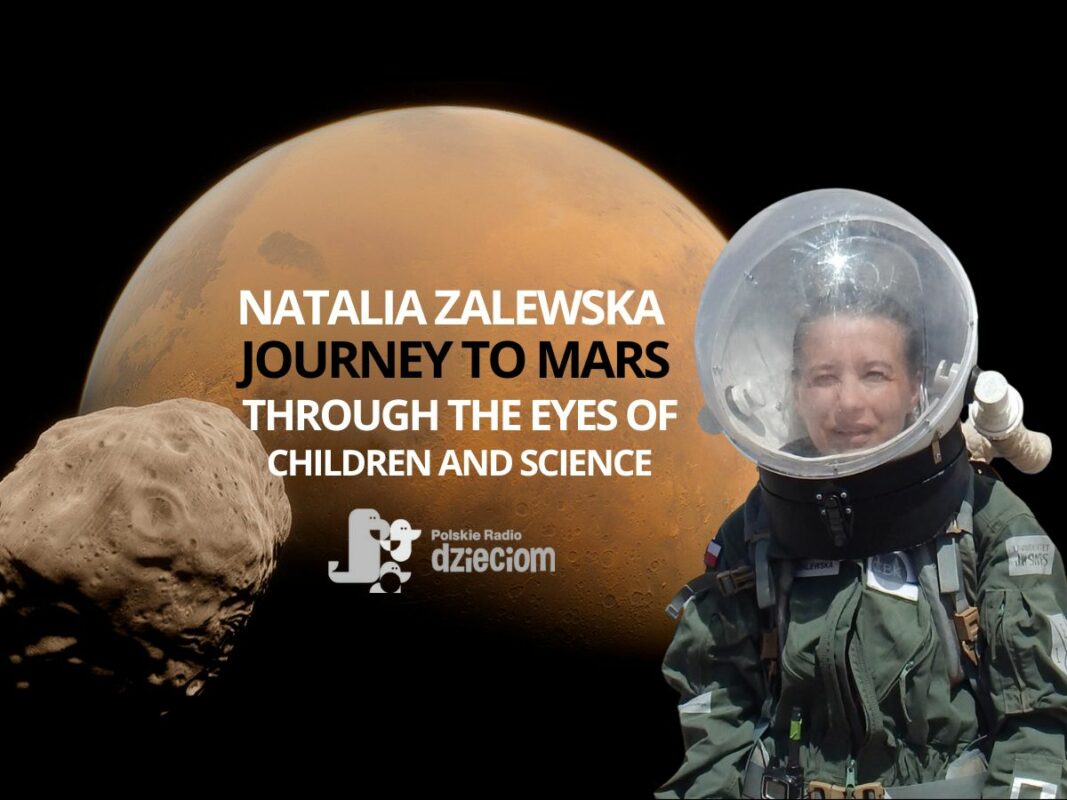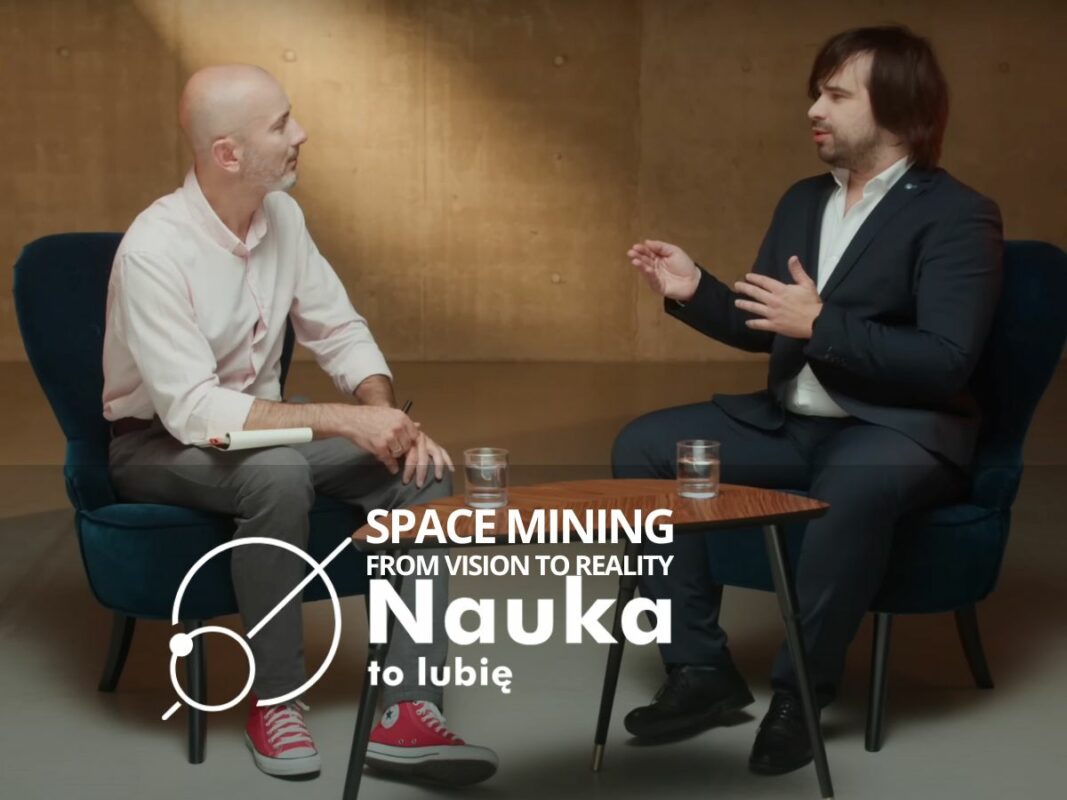Space sciences, including planetary geology and space resources, are no longer niche topics—they have become integral to many emerging research fields. This week, these themes took center stage at the EUROSENSORS XXXVII conference in Wrocław, where our CEO, Jakub Ciążela, was invited to deliver a lecture on “Space Resources” during the school opening the conference. The session, “New Space – space exploration with novel miniaturized sensors”, was chaired by Piotr Szyszka.
The conference brought together an inspiring range of perspectives, from Nobel Prize laureate Anne L’Huillier, whose pioneering work underpins advanced optical sensing techniques, to Martin Haag of the European Space Agency (ESA), who is helping design future missions to explore the subsurface oceans of Saturn’s moon, Enceladus.
A key theme of the discussions was the progressive miniaturization of research instruments. Smaller, more efficient technologies are transforming the way we explore space—from CubeSats and lightweight spacecraft to mobile instruments for planetary missions. These innovations bring us closer to answering some of the most fundamental scientific questions: Is there life beyond Earth? What resources can space offer for humanity’s future?
At MIRORES, we are proud to have contributed to this forward-looking dialogue on the future of space exploration and technology. We are also grateful for the many thoughtful questions and discussions with the audience, which highlighted the growing importance of space resources in both science and industry.
Learn more about the event: EUROSENSORS
Photo by Łukasz Sterczewski – thank you for capturing the moment!

